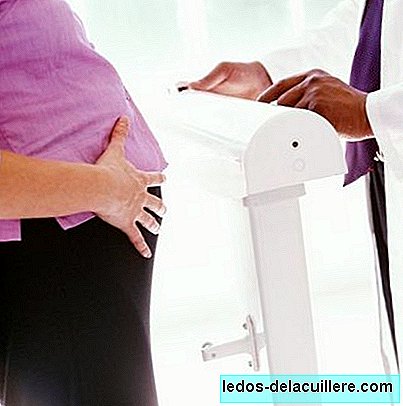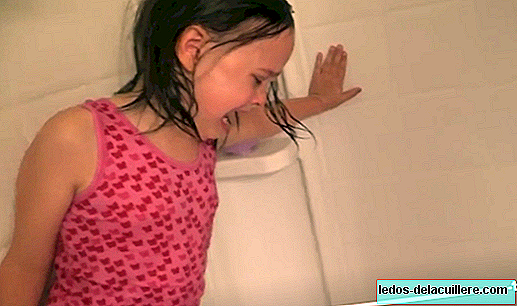
A new analysis confirms something we have heard more and more in recent times: we eat little fruit. And what is worse, children eat little fruit. In the study "The Spaniards before the fruits 2008: Habits and Attitudes", prepared by a market research institute, the data is discouraging.
The doctor of the Higher Center for Scientific Research (CSIC), Ascensión Marcos, presented the study yesterday, emphasizing how that low consumption of fruits by children can cause development of certain pathologies when they are teenagers. Like obesity, risks of cardiovascular disease, high cholesterol, inflammatory processes, and even possible tumors, especially at the intestinal level.
We are missing in the children's diet fundamental nutritional elements such as fiber, minerals, vitamins and water, which exerts an essential diuretic effect to eliminate certain harmful substances from the body. The satiating effect of the fruit will also help them not to eat other unhealthy foods.
If we already find such alarming percentages in children that 22% of them in Spain have high cholesterol levels, what will happen to adolescents and adults. We all eat little fruit.
The causes of this low consumption of fruits are multiple and rooted in many homes in our society. Precisely 2 days ago we mentioned the importance of the introduction of fruit for a balanced breakfast. Who decides breakfast at home?
Who puts the fruit on the children's menus? What makes the frtuta normal and habitual in your meals? How does a child get to lean on fruit? With this data, it seems that nobody ...
The CSIC researcher who presented the study has affirmed that "An action is necessary in schools and educational centers to promote the consumption of these foods, and thus prevent certain diseases." I don't know if he meant school canteens, which seems necessary to me. The menu of a school canteen should include fruits and vegetables daily.
Also your statements could have referred to us being the teachers who provide nutritional education, which also seems great to me and is usually done in all subjects as a transversal content. But let's not fall into the "fashion" of leaving everything in the hands of schools and teachers.
So I say: fine, but let's start by bringing parents to these schools. That is, the promotion of healthy habits should start at home and with parents trained and aware of it. We have already pointed out how public opinion considers that advising parents about infant feeding is the best option. That is done from schools, or from social centers ...
I can hardly educate students in nutrition if they leave their classroom at recess to take out their great Bollycao and its super-sweetened juice of the backpack. Does anyone imagine that his son would say "No, daddy, I don't want a donut, what have they told me in school that it is harmful to my health"? "No, mom, I don't want Coca-Cola, I prefer a natural orange juice that the teacher has told me is much healthier."
This would give me the chills and rather it sounds like children abducted by some alien entity that controls their minds ... I'm glad that teachers don't have this power.
Anyway, with data as sad as those provided by this study is why it is possible that Spanish children can live less than their parents. Let's act the elders. We are responsible, from all possible fronts. No one but adults can intervene in the matter.
Starting because we must set an example for children with healthy eating habits. It is assumed that, before going to any school canteen, before going to school or meeting any teacher, the children eat with their parents and see them eat.
Let's try to preach with that example before the little ones are bombarded by advertising, because when so much money moves we forget about health and commercial interests prevail. If advertising to the elderly makes us buy "the best diaper" for them, when they grow up, how they will not convince them that eating at McDonald's is the most cool.
Now that I think about it, here we look abducted by extraterrestrial entities, children and adults. What advertising does not get ...












